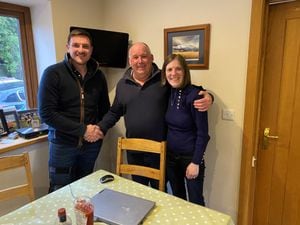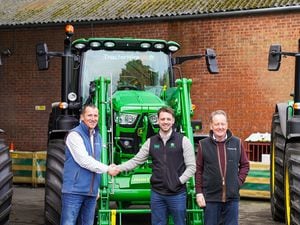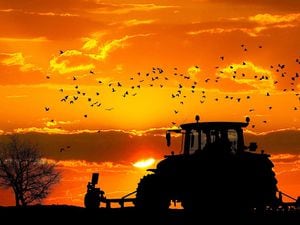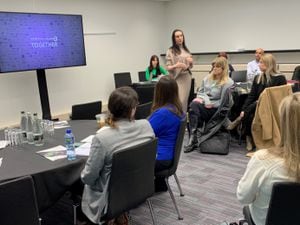Collaboration key to knowledge transfer
A more collaborative approach to sharing knowledge and innovation is vital to ensuring the UK’s arable sector remains competitive and environmentally sustainable for the long-term.
Scientists, producers and industry experts said growers, plant breeders and processors need to work together to take immediate action to drive research which properly addresses the challenges facing arable production.
Speaking at OF&G’s National Organic Combinable Crops conference (NOCC) last month (JULY), Professor Martin Wolfe, Principal Scientific Adviser at the Organic Research Centre, said UK agriculture was in a race against time to develop crops which are more resilient, more diverse and better able to cope with climate change.
Prof Wolfe said farmers and seed companies need to think quickly about how climate change will impact upon arable farming, and urged the sector to focus on varieties which are less dependent on inputs which put huge pressure on the environment.
Speaking to delegates, Prof Wolfe warned that it can take over a decade from initial crop trials to producing commercial varieties, and during that time temperatures will continue to rise.
“The whole process of developing crops to make sure the individual variety is distinct, uniform and stable so it can be used on a whole area can take as much as 15 years,” he told delegates. “All the while, the climate is changing.”
Prof Wolfe said that good farming practice and crop diversity were priorities for UK agriculture, and said that millers and the wider industry needed to help farmers work on research and development into more diverse crops as a matter of urgency.
“Monocultures are tying farmers’ hands behind their backs,” he added. “It’s not allowing farmers to exploit the massive biodiversity potential of their land, and that has to change.”
Cambridgeshire organic farmer Stephen Briggs said organic growers could play their part by adopting a ‘citizen science’ approach to help further the sector’s productivity.
While seed companies were running some untreated seed trials, they were usually on too small a scale to provide useful information which could speed up the development of more productive organic crop varieties.
“Small plot trialling is not suitable for organic,” he said. “We need large plots which take land and crop variability into account.
“Seed breeders aren’t going to invest huge sums in developing organic crops, so it’s incumbent on us to help move the process forward.
“If [more organic farmers] did variety trials, we would move things on so much faster,” he added. “Citizen science is the key.”
Now in its 10th year, NOCC has become a vital part of the organic farming calendar, bringing together people from across the agricultural sector, including organic and non-organic farmers, processors, retailers, academics and plant breeders.
Roger Kerr, OF&G chief executive, said: ““All arable production needs to innovate to improve resilience and productivity given the many challenges we face.
“NOCC 2017 demonstrated that with farmers working together with others in the industry we are capable driving change and we have to build on this.
“Whether it’s climate change or the economic environment, the challenges facing us aren’t going to be overcome with a ‘business as usual’ attitude, and that’s why we need to take this more collaborative approach to finding truly realistic and pragmatic solutions.”





